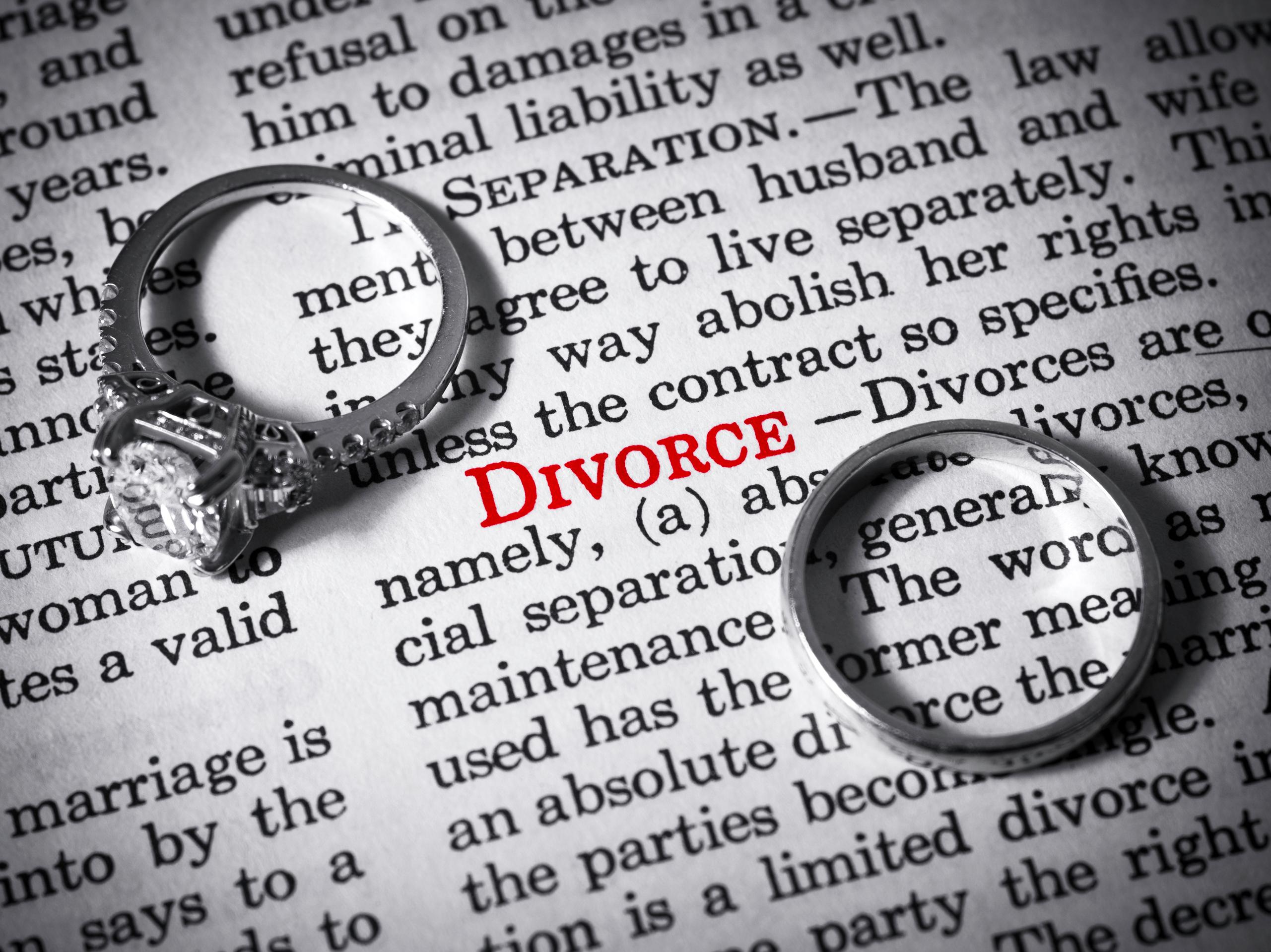
If you and your spouse are ready to get a divorce, you probably realize that grounds for divorce are not always agreed upon. Fortunately, since New Jersey is a “no-fault” divorce state, you may cite irreconcilable differences as an appropriate grounds for divorce. Unfortunately, several issues prevent a divorce from being uncontested. Contested divorces usually focus on terms of spousal support, property distribution, child custody, child visitation, and child support. Very often, when a couple cannot agree upon these terms, a contested divorce will lead to the drawn-out process of litigation. If you are in the midst of a contested divorce, here are some of the questions you may have:
What is equitable distribution?
Equitable distribution and the division of assets are generally one of the most contested issues during the divorce process. This is because equitable distribution” usually does not mean a 50/50 split. Rather, equitable means a fair and just allocation based on the facts of the case. Unfortunately, when contesting division of assets, one party very often believes they deserve more than the court determines.
What is spousal support?
Generally, in a contested divorce, both spouses will disagree as to who contributed to the marriage more. Couples often differ in opinion regarding who should pay and who should be paid. You should keep in mind that “contribute” does not just mean monetarily. Many will argue, for example, that staying home, taking care of the house and raising children is a significant contribution.
What happens with child custody and support?
When you are in a contested divorce, child support and child custody are two of the most emotionally-charged issues. Generally, in cases where child support is in question, if one parent has physical custody, the other parent may feel as though they are not responsible for a child they rarely see. This is not the case, which is why the state mandates that parents support their children. However, if a couple cannot agree on the terms of child support, a judge will have to decide for them in a courtroom setting. Regardless, both parents must support their children until they are deemed emancipated by a judge. Child custody, on the other hand, can be even more emotional, as each parent wants to play an equal role in their child’s life, though this cannot always be established.
Rather than let a judge decide something so close to home, you should consider the possibility of hiring a mediator. A mediator is an unbiased third party that will facilitate a conversation between you and your spouse regarding the terms of your divorce. The goal is to reach an agreement on your own, where both parties feel as if their voice was heard.
Contact our New Jersey firm
Paris P. Eliades Law Firm, LLC is honored to serve the people of New Jersey, including Sparta, Sussex County, Morris County, Passaic County, and Bergen County with the quality legal services they deserve. Contact our firm for a consultation today.
